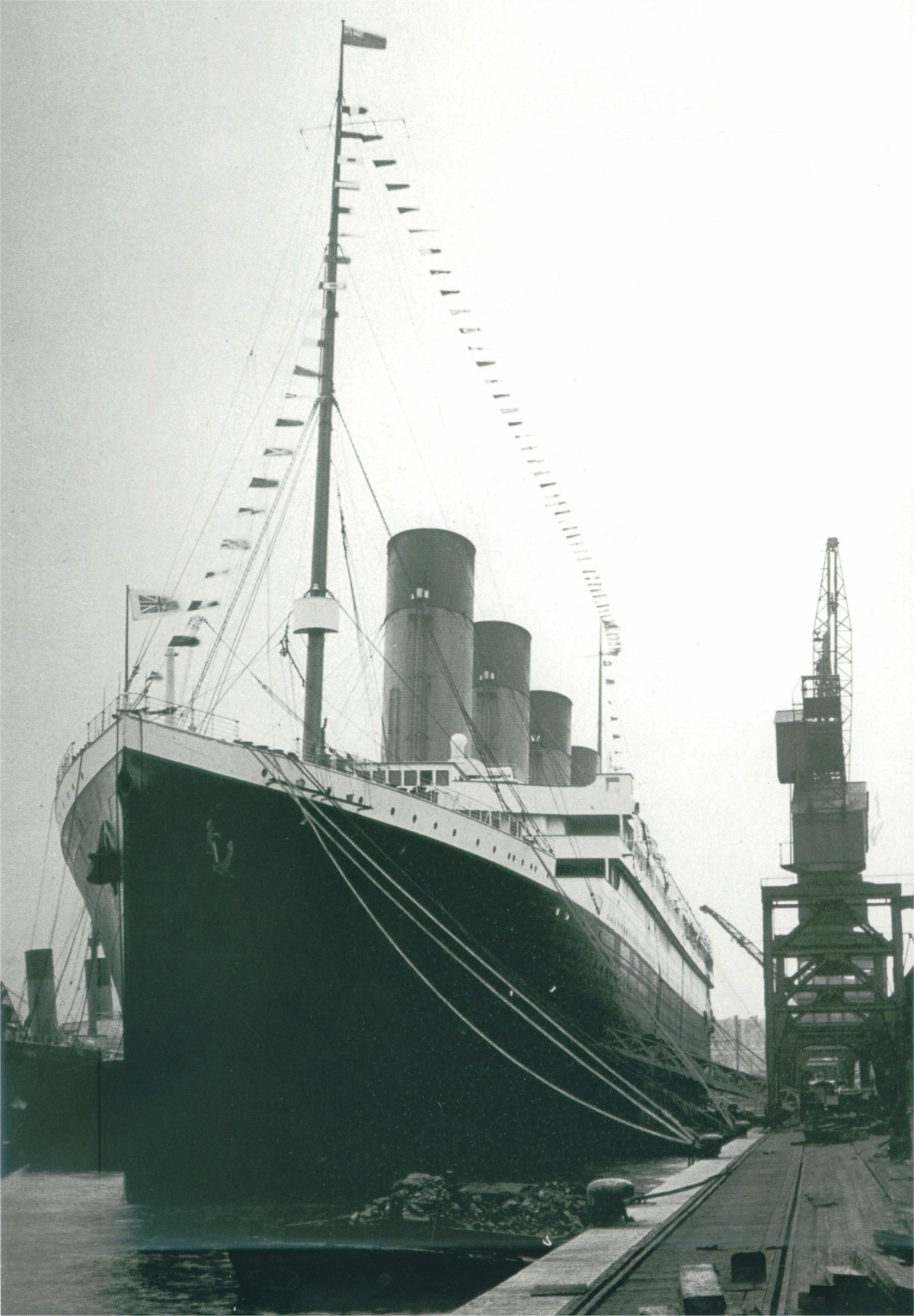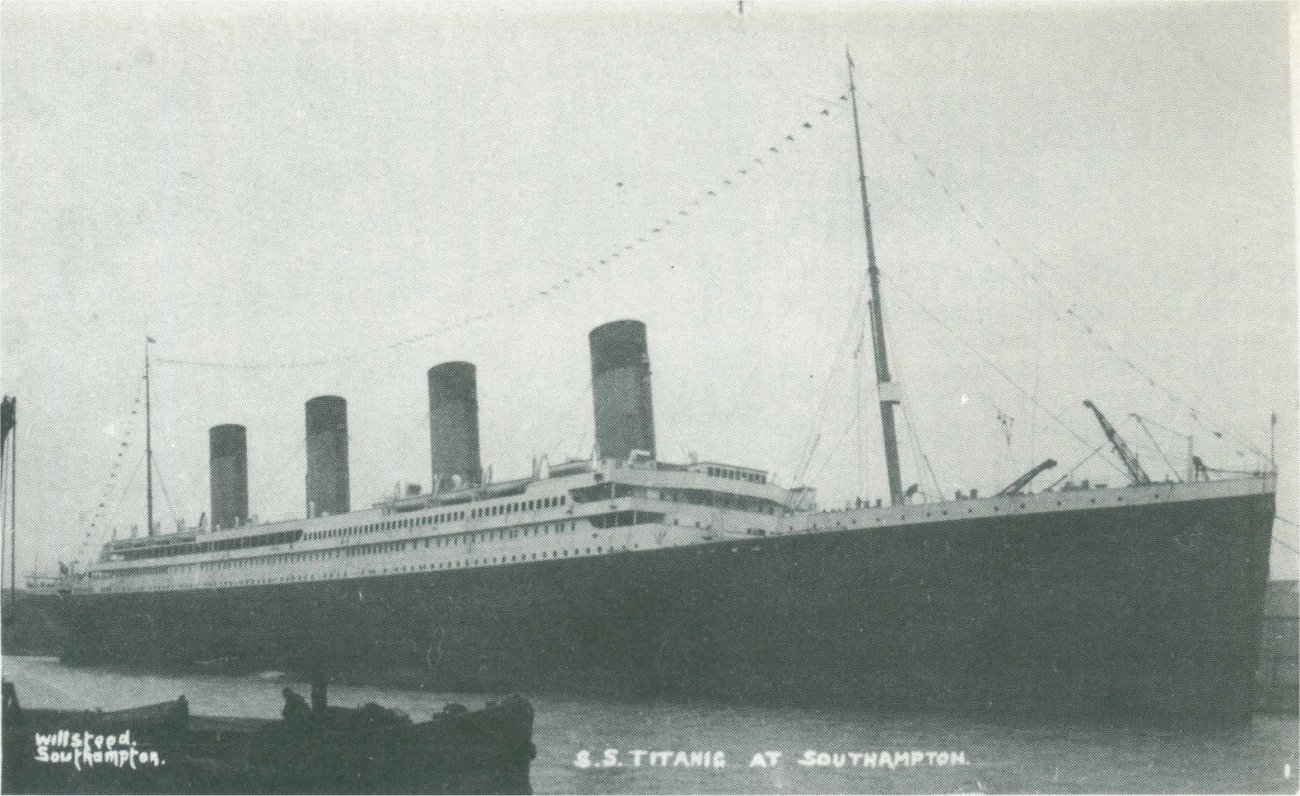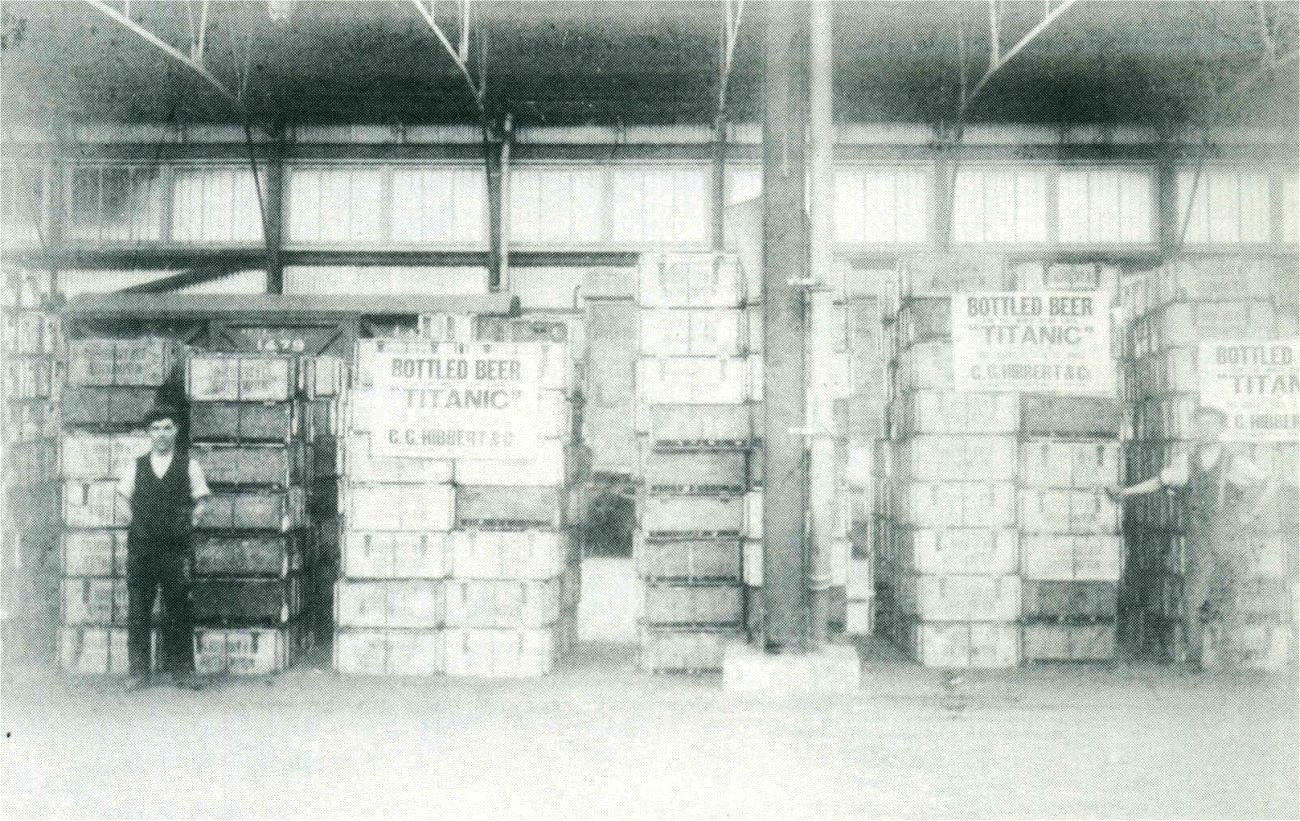 Ready for Easter 05-04-1912 |
 Ready for Easter 05-04-1912 |
 Ready for Easter 05-04-1912 |
As the inventory of supplies on board the Titanic has disappeared, we can reasonably rely on that of the Olympic.
Cargaison supposée du Titanic
| 34 tons of fresh meat | 1 ton of coffee | 5,700 liters of milk | 1 ton of peas |
| 5 tons of fish | 360 kg of tea | 1,300 liters of fresh cream | 1,600 kg onions |
| 3.4 tons of bacon and ham | 4.5 tonnes of sugar | 2,700 kg of butter | 40 tons of potatoes (1196 bags) |
| 40,000 eggs | 200 barrels of flour | 50 boxes of grapefruits | 500 kg of jams and marmalades |
| 1.1 tons of sausages | 450 kg of grapes | 7,000 lettuce plants | 2,000 liters of ice cream |
| 1 ton of offal | 36,000 oranges | 2 tons of tomatoes | 800 bunches of asparagus |
| 25 boxes of sardines | 16,000 lemons | 25 cases of olive oil | 1 case of cheese |
| 300 crates of walnuts | |||
| 15,000 bottles of beer | 1,000 bottles of wine | 63 cases of champagne | 12,000 bottles of mineral water |
 Beer crates ready for loading |
 Beer crates ready for loading |
Most of the crew members were enlisted on Saturday April 6, the day the miners' strike ended, which considerably disrupted coal supplies for six long weeks. All the coal available on the I.M.M. ships in the port had to be recovered in order to fill the Titanic's bunkers with a final total of 5892 tons.
Wednesday April 10 sees the sun rise at 5:18 a.m., and the 909 sailors begin to arrive on board at around 6 a.m. At 8 a.m., after the Blue Ensign had been hoisted, Captain Benjamin STEELE, ship's master of the W. S. L., began supervising the crew's role. Meanwhile, Captain Maurice CLARKE, representative of the Board of Trade in Southampton, carries out the final inspection, maneuvering the N° 11 and 15 longboats, and hands over to Commander E. J. SMITH the (Certificate of Clearance).
The sea train carrying the second- and third-class passengers from London arrives at around 11:15. The 234 2nd class passengers board via a rear entrance on C deck, the 497 3rd class passengers via two entrances, one also at the rear on C deck, and the other at the rear on E deck. The 1st class train arrives at around 11:30 a.m., and the 195 passengers board from the front on D deck, entering directly into the reception hall.